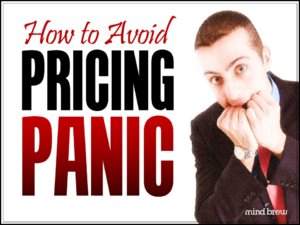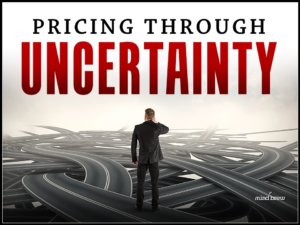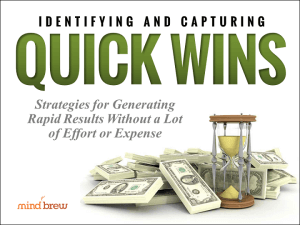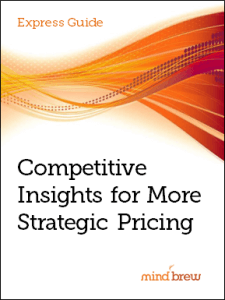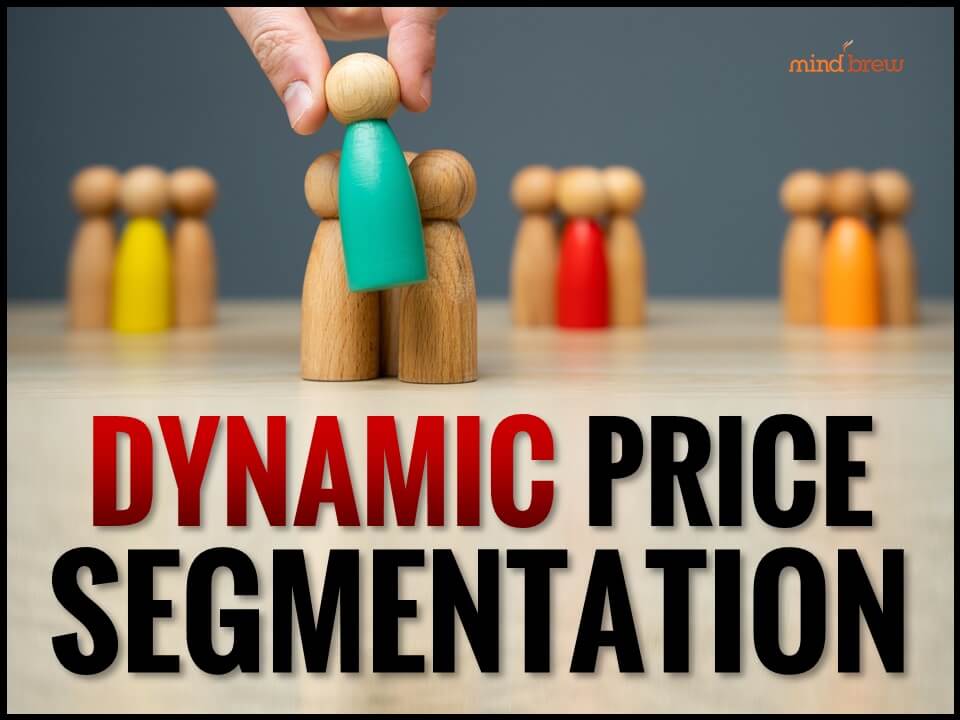A few years ago, a team of people putting together the book 30 Lessons for Living interviewed 1,500 people over the age of 65 and asked them about their biggest regrets. At the top of the list was not being careful enough when choosing a spouse. Other things that people wished they had done differently included not resolving a family fight, not expressing their feelings, and not traveling enough.
When things go badly at work, you might also end up with regrets. With the value of hindsight, you might wish that you had
- Responded to a crisis more quickly
- Understood key facts about the market sooner
- Anticipated a competitor’s reaction
- Understood important dynamics about your customers
- Known a fact about a supplier earlier
People regret a lot of things. But no one ever says, “I wish I had panicked more.”
Of course, panic isn’t always bad. When you first learn about an impending crisis, you need that fight or flight response to get your adrenalin pumping so that you can think quickly and start to figure out a solution.
The problem comes from staying in panic mode. You see, most of us don’t make our best decisions when we are frightened and rushed. So if you are constantly feeling panic, you’re going to be making a lot of decisions that could add to your list of regrets.
Even worse, panic is contagious.
A 2016 study found that in classrooms with teachers who said they felt burnt out or emotionally exhausted, the students actually had higher levels of the stress hormone cortisol in their blood streams. It seems that the teachers were likely passing on their feelings of stress and anxiety to their students, and that stress was manifesting with physical changes.
In the workplace, panic can snowball in a very similar — but even more pronounced — way. When we see one person acting panicky, our bodies naturally respond by producing these stress-related hormones. And that compounds the bad decision-making.
So what should you do when facing a fear-inducing crisis?
In the best-case scenario, organizations plan ahead for situations that could potentially cause fear and disruption. They use an adapted version of the military’s DEFCON system to plot out what needs to happen when a difficult situation occurs and when it escalates.
But even if it’s too late to plan ahead because you are in the midst of a crisis, you can still go through the same planning process, although you will need to do the planning a little more quickly. The approach requires three steps whether you are planning ahead or currently facing an emergency:
-
- Identify the conditions and situations that are causing the panic or could cause the panic.
- Develop protocols to calmly respond and react to those conditions using thoughtful and pragmatic approaches with clear paths to escalate the response if things don’t improv. This can help prevent additional panic or that snowball effect.
- Manage those protocols when (and if) those conditions actually become a reality.
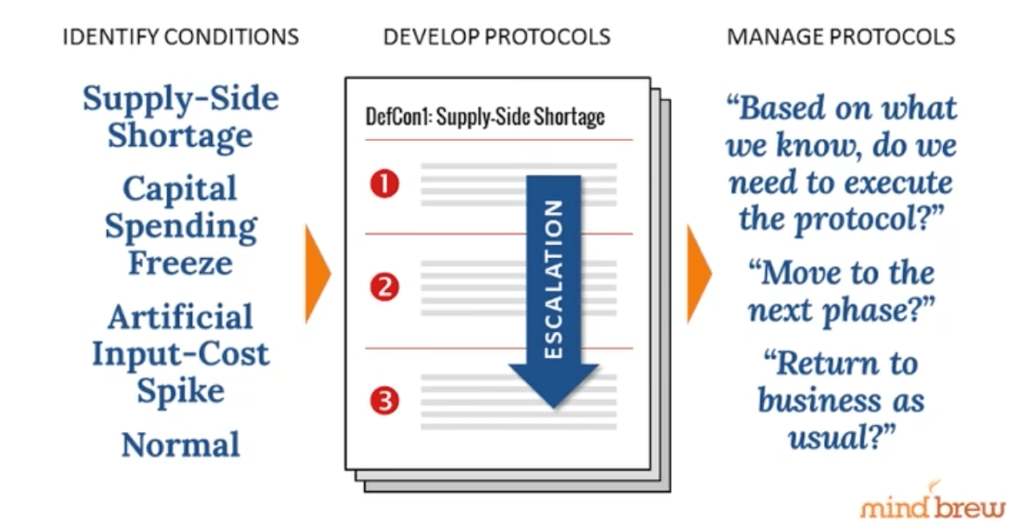
We cover this approach in a lot more detail in the webinar How to Avoid Pricing Panic. You should also check out Pricing Through Uncertainty, which explores how to make better decisions with imperfect information, and The Fundamentals of Pricing Intelligence, which shows you how to identify a potential crisis early.
It may not be possible to go through your pricing career with no regrets. But if you put a system like this into place, hopefully, you can avoid regrets related to panicking in an emergency.

